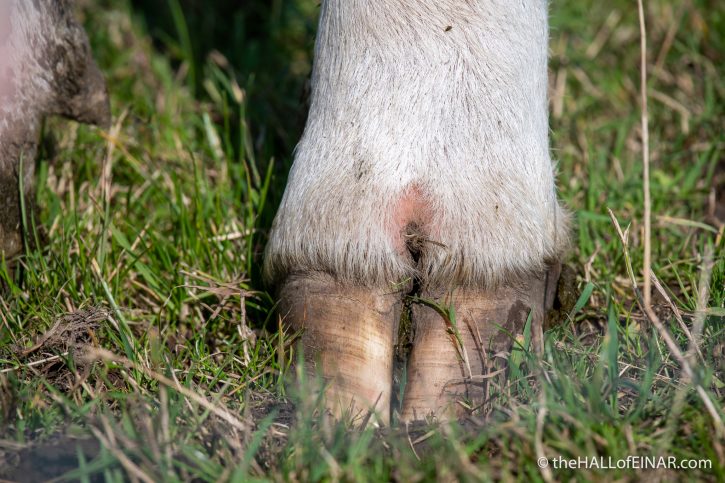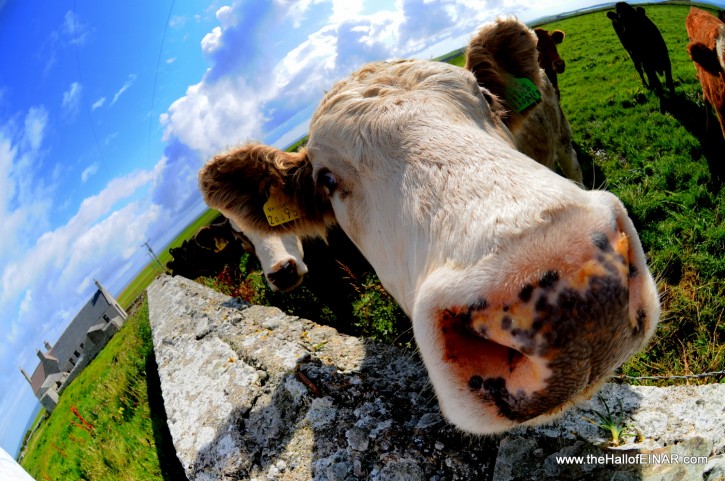Clean or unclean?
Clean or unclean? That is the question. For most religions there are deeply-held beliefs about handling and eating animals. There are cultural and religious taboos enforced by social traditions and local laws throughout human cultures. What started as handy guides, created by elders, to ensure people were safe from food poisoning or disease, have transmuted to become the literal word of God for many religious people.
In Islam, certain animals are viewed as unclean and eating them is sinful, except in dire necessity. Others are permitted to be eaten as long as the animal is killed in a ritual way. That ritual can involve significant pain and suffering for the animal. Many religions have a wanton disregard for animal suffering and their deaths are only one small step away from ritual animal sacrifice. Surely, any god who tells you to inflict suffering on animals, in ancient books written in dead languages, isn’t worth worshipping?
In Judaism, animals ruled as impure are forbidden. The laws on impure animals are based upon the Books of Leviticus and Deuteronomy and upon the Torah and Talmud. These instructions are a problem because Biblical Hebrew is imprecise. God laid down strict rules about what can and can’t be eaten and then got careless by not naming the animals specifically enough for those strict rules to be understood and adhered to. It must be difficult if you’re all powerful and slightly forgetful. The Torah doesn’t have a modern scientific classification of life but relies upon religious categories such as land-dwelling, flying and water-bound. That means bats, birds and flying insects are one group and fish, whales and dolphins, sea snakes, crabs and lobsters and molluscs are another. It’s almost as if it was written by superstitious Bronze Age people with limited understanding, rather than being the revealed word of God. How embarrassing.
Jewish dietary laws also demand specific ways of killing animals. There are prohibitions on eating blood and sciatic nerves and, strikingly, cooking any meat in dairy from the same animal. I wanted to know where that one came from, so I checked, and it’s because the Bible says you shouldn’t boil a baby goat in the milk from its own mother. That seems touchingly sentimental, from a God who seems so keen on the mass murder of little children.
That leads us to cloven hooves. The Torah is clear that to be kosher an animal has to have cloven hooves and also chew the cud. That means cattle, bison, buffalo, yak, sheep, goats, deer, antelope and giraffes are all kosher. I suspect they didn’t know about giraffes when they concocted that rule. Imagine the surprise! That’s a very sensible, handy guide from the elders, as eating animals which only eat plants is a lot safer that eating animals which eat animals. Dogs’ liver, for instance is poisonous.
I suspect that giraffe’s neck stew would have fed the 5,000, no problem.

Christianity has largely dispensed with the Old Testament ideas of foods being clean and unclean. They obviously had enough on their plate with misogyny and homophobia. It’s still a topic for debate for some Christians, given Daniel in the New Testament said that the body is the “temple of God”. If your body is a temple, would you defile it? The answer is, yes I would for a vegetable biryani.
Here’s Daniel in Kirkwall:
Roman Catholicism added a new dietary requirement of avoiding eating meat on Fridays. In keeping with other Roman Catholic traditions, that’s to punish yourself rather than because it’s unclean. Roman Catholics in the USA have a different interpretation and can substitute some other kind of penance and just carry on eating meat on Fridays; a Big Mac and five Hail Marys and you’ll be fine in the land which worships the golden arches.
Buddhists, Jains and Hindus are vegetarian, so their list of unclean animals is quite a comprehensive one.
One of the fasting growing religion-like belief systems isn’t currently recognised as a religion; it’s veganism. Surprise, surprise, veganism has a comprehensive set of rules about what is clean and unclean, just without the animal cruelty. To be vegan it must not contain animal products or by-products, and it must not be tested on animals. That means honey is not vegan. Sweet.
I wonder how vegans feel about figs, since, at their heart, each fig contains a fig wasp:
Surely it’s time to upgrade all our inherited primitive, superstitious, religious beliefs with the developments from several thousand years of reason and science? Haven’t we advanced at all since the Bronze Age?
That’s something for you to chew on, assuming you don’t think I have cloven hooves.
